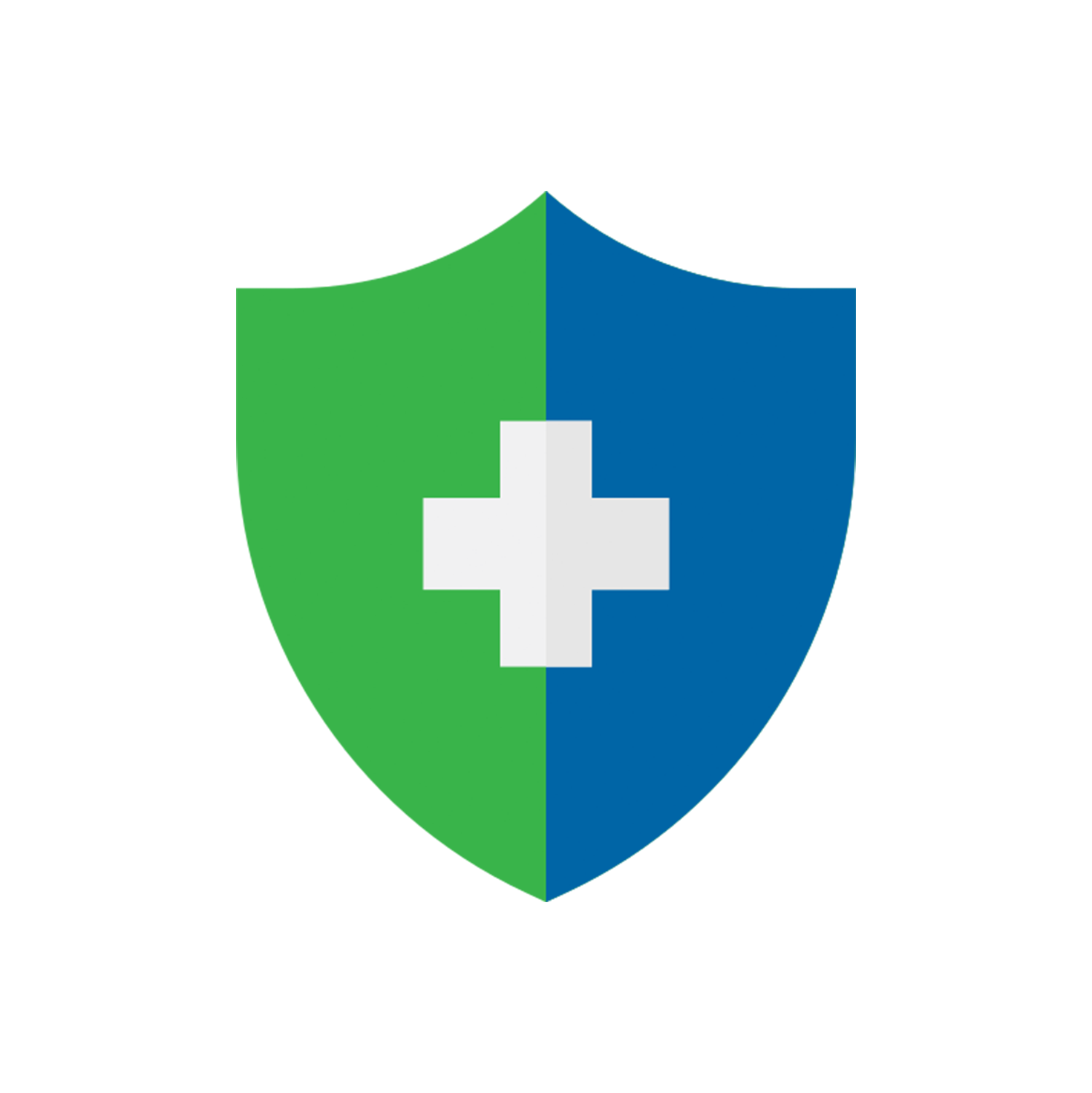Meningitis is an inflammation of the fluid and membranes (meninges) surrounding your brain and spinal cord. It is common among infants or children, adversely affecting their brain development. It can cause severe damage to their brains and needs your awareness of its danger.
Meninges refer to the three thin layers of tissue that cover and protect the brain and spinal cord. When there is a bacterial infection at the meninges, it leads to inflammation known as meningitis.
Among all types of meningitis, bacterial meningitis can pose the most severe damage. The unpredictable and unstable medical condition of the patients makes it difficult to recover. Even though the treatment is started early, merely 5 - 10% of the patients lose their lives within 24 to 48 hours.
Causes of Meningitis
Viral, bacterial, and fungal infections are the causes of meningitis. Bacterial meningitis is responsible for most cases and more than half of the deaths globally.
- Bacterial Meningitis: It is the most common type of meningitis and a critical condition that causes death. If diagnosed, you should receive proper treatment promptly. Meningococcus (Neisseria meningitidis), pneumococcus (streptococcus pneumoniae) and haemophilus influenzae type B are the main causes of acute bacterial meningitis.
- Viral Meningitis: It refers to the cases infected by influenza virus, herpesviruses or enterovirus from blood.
- Fungal Meningitis: People undergoing chemotherapy or with autoimmune diseases are prone to this type of meningitis.
Close contacts such as kiss, sneezing, cough or even living with the patients have a higher risk of getting meningitis.
The incubation period is around 4 days on average, but it varies from 2-10 days.
Who is at Risk?
Everyone, regardless of their age, can get meningitis. Still, some people have a higher risk for the disease, including children under 5 years old, teenagers aged 10-25 years old and the elderly (60 years old or above).
People with chronic conditions or weakened immune systems are also more likely to have meningitis.
Symptoms of Meningitis in Infants
Early signs of meningitis are similar to getting the flu. Your babies may have a high fever, stiff neck, confusion and headache. Since babies cannot clearly describe how they feel, parents should pay extra attention in observing the signs. If your baby has the following four symptoms, he/she most likely has meningitis, and you should seek medical advice immediately.
- Fever
- Vomiting
- Stiff Neck
- Convulsion
In addition, most bacterial meningitis infections are highly contagious which could easily spread from one person to another, such as their family or schoolmates. Hence, immediate treatment is a must.
Diagnosis and Treatments of Meningitis
If your doctor suspects meningitis, he/she will collect samples of cerebrospinal fluid (fluid near the spinal cord) by lumbar puncture for testing if there is an inflammatory response. Your doctor may also conduct microscopic examinations and bacterial culture to understand the pathogen causing the infection. Once diagnosed, you need to receive treatment at a hospital.
There are different ways to treat bacterial meningitis and viral meningitis:
- Bacterial Meningitis: Antibiotics are used and injected into the vein of the patient. Due to its contagion, close contacts, such as parents or classmates, may need to be placed under medical surveillance.
- Viral Meningitis: Take antipyretic and plenty of water as a supportive treatment. Viral meningitis usually recovers on its own in several days without treatment.
- Complications and Sequelae of Meningitis: As mentioned above, the after-effects of bacterial meningitis can be severe and long-lasting.
- Sequelae of Bacterial Meningitis: Proper antibiotic treatments or other supportive therapies could lower the fatality rate of infants to below 10%. However, 10-20% of all cases have permanent damages on their nerve systems due to the sequelae of nerve development, leading to hearing and vision loss, loss of cognitive function, developmental retardation, learning difficulties etc.
- Sequelae of Viral Meningitis: Fewer complications are observed and usually recovers within 3-7 days. It rarely develops into encephalitis.
Preventions Tips for Meningitis
Maintaining good personal and environmental hygiene, as well as staying healthy, is the best way to prevent meningitis. Below are some prevention tips that you can practice in your daily life.
- Keep your hands clean and wash your hands with soap and water.
- Cover your nose and mouth when sneezing or coughing.
- Boost your immune system by practicing a balanced diet, exercising regularly and having adequate rest. Do not smoke or drink.
- Sanitize your belongings regularly, such as your furniture, toys and shared items.
Vaccination can effectively lower the risk for some types of meningitis, including haemophilus influenzae, streptococcus pneumoniae and mycobacterium tuberculosis. You should make an appointment with your doctor to get vaccinated. Please consult your doctor for more details.
Cigna HealthFirst Elite 360 Medical Plan offers comprehensive and personalized medical coverage across the stage prevention, diagnosis, treatment and recovery, with a range of hospital and surgical benefits, optional insurance benefits with an annual limit of up to HK$50 million, personalized health assessment, three critical illnesses(cancer, stroke and heart attack) all-rounded care and international medical concierge service. A 360-degree total health protection that spans across all the key stages of your health journey. Learn more here.
Source
© Cigna Healthcare 2023
Information provided in this article is intended for health and fitness purposes only and is not intended for use in the diagnosis of disease or other conditions, or in the cure, mitigation, treatment or prevention of disease (see Terms & Conditions for details). Any health-related information found in this article is available only for your interest and should not be treated as medical advice. Users should seek any medical advice from a physician, especially before self-diagnosing any ailment or embarking on any new lifestyle or exercise regime. Any information contained in this article may not be suitable, accurate, complete or reliable. Cigna Healthcare accepts no responsibility for the content or accuracy of information contained on external websites or resources, or for the security and safety of using them. "Cigna Healthcare" and the "Tree of Life" logo are registered trademarks of Cigna Intellectual Property, Inc. in the United States and elsewhere, licensed for use. All products and services are provided by or through operating subsidiaries, and not by The Cigna Group.




